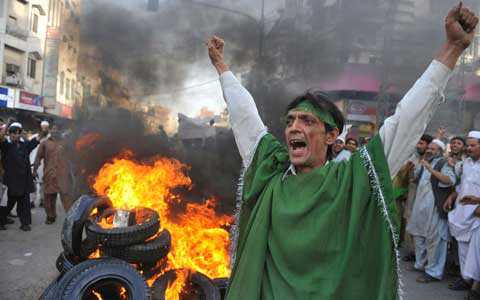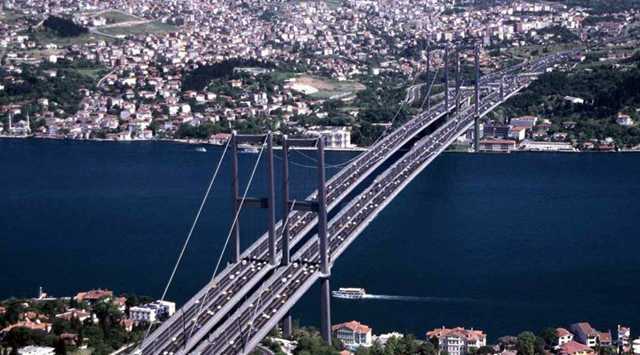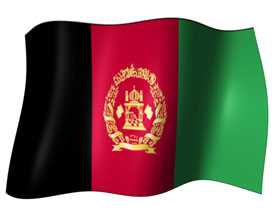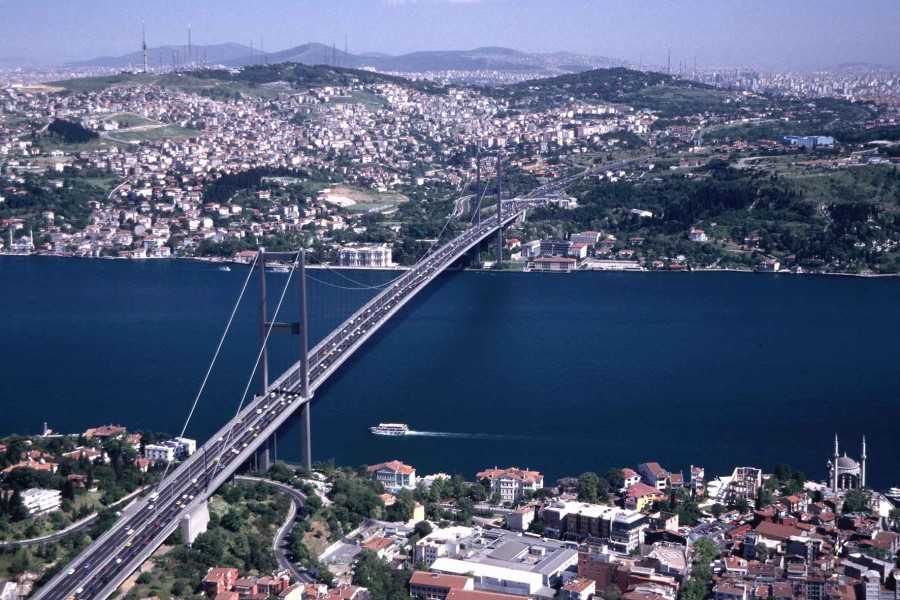Pakistan, Turkey agree to upgrade track for Gul Train
ISTANBUL Nov 1 (APP): The proposed Gul Train project took a step forward on Tuesday when the Presidents of Pakistan and Turkey agreed to further upgrade it so as to cover the distance between Ankara and Islamabad in just 11 days instead of 16 days. The project idea was first floated by President Zardari last year to enter into a joint venture for locomotive manufacture in Pakistan for the special cargo train service. Spokesperson to President Farhatulalh Babar said that the decision was taken during a special briefing on the proposed train project held soon after the delegation level talks between the two Presidents in Istanbul on the sidelines of the trilateral summit of Afghanistan, Pakistan and Turkey.
It was also decided that after the successful upgradation of the existing track and whetting the appetite of private entrepreneurs, the second phase of the project be also launched.
The second phase would include laying of a entirely new railway track in Pakistan specially for super fast goods train running at over 150 kilometers per hour speed, he said.
The briefing was informed that a special logistics management company called TOBB had already been formed and experts from the two countries will meet next month in Pakistan to take the project further forward.
The two test runs of the train carried out during the last two months had shown that the trains covered the distance in 16 days and the project was very feasible. The test runs and the studies carried out thus far had also shown that the initial project feasibility was better than expected, the meeting was informed.
The meeting was informed that the project had been endorsed by the ECO High Level Expert Group meeting in Ankara last month and an informal working group had already been formed in Ankara for the purpose.
Farhatullah Babar said that it was also decided to convene an international conference in January 2012 on connectivity in Pakistan to raise awareness of the international private sector in the viability of the project and to attract entrepreneurs.
In an intervention the Turkish President Abdullah Gul proposed that the 11 day Ankara-Islamabad train proposal be finalized within six months. President Gul further said that he would be ready to give some more time for finalizing the 11-day proposal if the travel time could be further reduced to less than ten days between Ankara and Islamabad, Farhatullah Babar said.
President Zardari remarked that he envisaged the Gul Train opening up new vistas of communication, opening up hitherto inaccessible markets and boosting trade of the three countries of Pakistan, Iran and Turkey within the region and beyond.
via Associated Press Of Pakistan ( Pakistan’s Premier NEWS Agency ) – Pakistan, Turkey agree to upgrade track for Gul Train.






